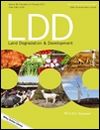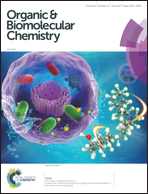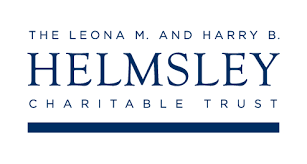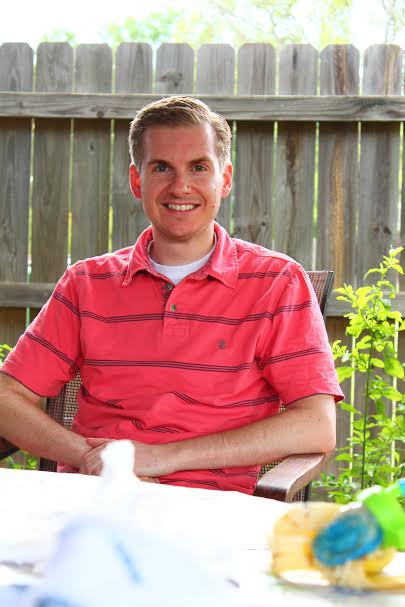 Several years ago, a group of four chemists believed they had stumbled upon evidence that contradicted a fairly well-established model in fluid dynamics.
Several years ago, a group of four chemists believed they had stumbled upon evidence that contradicted a fairly well-established model in fluid dynamics.
Between 2013 and 2015, the researchers published a series of four papers detailing their results — two in ACS Macro Letters and two in Macromolecules. Timothy P. Lodge, the journals’ editor and a distinguished professor at the University of Minnesota in Minneapolis, explained that the results were “somewhat controversial,” because they appeared to contradict the generally accepted model for how some polymer fluids move.
Indeed, the papers sparked debate between the authors and other experts who questioned the new data, arguing it didn’t upend the previous model.
Then, in 2015, the authors realized their critics might be correct. Continue reading Chemistry papers challenged a paradigm — until the authors spotted a pivotal error




 Another editor has resigned from an earth science journal following allegations over citation irregularities, which also took down its editor-in-chief.
Another editor has resigned from an earth science journal following allegations over citation irregularities, which also took down its editor-in-chief.
 We’re very pleased to announce an 18-month
We’re very pleased to announce an 18-month 